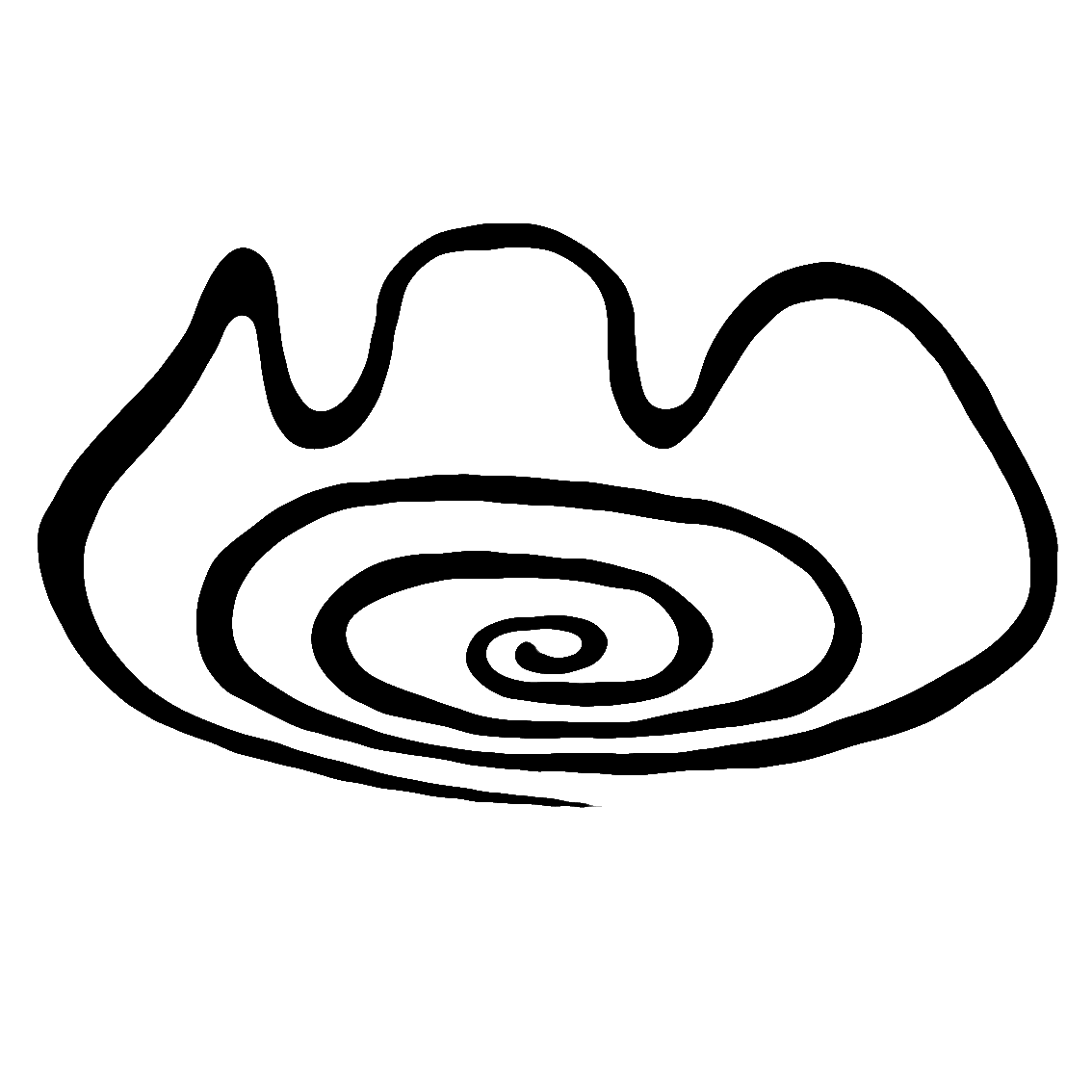The Inconvenient Odyssey
- Finn Olav

- Nov 19, 2018
- 3 min read
Updated: Jan 24, 2019
Part 6

If my Odyssey Borealis theory is somewhat close to being the trough, then I would assume, that Homer wrote his first book as it was told him. A fantastic story from the land of the Barbarians. Then he was probably treated like everybody else trying to wright their first book. His grand masterpiece would be ditched by the publisher. Flushed down the toilet, with a boot in the ass the publisher send him out with a clear message "that they don't reproduce that kind of shit. Come back when you have something that we actually can sell."
Most people would then give up. But luckily for us, Homer did not. He then would have gone back to the publisher and asked what was wrong with the wonderful story that he had written down. The answer would have been the same then, as today. "You need to write to your audience". The Barbarians would be thrilled by this book. But the Barbarians in that part of the world where the story originated didn't learn to read before in the dark ages. 2000 years later and publishers don't have the patience to wait for that long before they start to earn money. Homer had to write the book for a Greek audience.
The Greeks at that time looked upon the Barbarians the same way we look at immigrants, refugees and other foreigners to day. Actually, the knowledge about foreigners was smaller at that time so the scepticism might have been even bigger than today.
Homers task would then be to find connections in his story to local events, stories, gods and geography so that everyone reading it would believe that it was a 100% Greek story. This strategy is one of the reasons that these books become such a success and that we still have this stories around today. So you might say that Homer accomplished what he sat out to accomplish.
Actually was Homer so successful in creating this illusion that it is almost impossible to get most of today's scholars to admit that they have been studying Homer's alibi to the publisher rather than the events that he actually is describing?
It doesn't help much that most of those studying this alternative Northern theory don't have any authority when it comes to the field of history. You have a lawyer, a writer who have studied economy, a nuclear engineer, an astrologist and then you have me who is a tourist guide and a storyteller.
On the other hand, if we had been like all the others studying this. Gone to the same schools asked the same questions. Then we wouldn't have found anything new. But since we are so different we see things from a slightly different angle. We have been called "crackpots" and in many ways we are. We are also in good company because this story had never been told if it hadn't been for its creator, the crackpot Odysseus. Then it was retold by crackpots until Homer picked it up. If Homer was a crackpot or not? I don't know. But he created one of the best crackpot stories in history when he baked the Odyssey and The Iliad into the Greek landscape and culture.
What story will we tell our children tomorrow? Will the true origins of this story dye with these few crackpots? Or is there people that are interested in telling the trough.
What the scholars seem to have trouble with understanding, is that Homer placed his story on a Greek stage using Greek history and landscape and traditions as his canvas. The origins of this story are built on true stories from the North. Just as real as the historical events that set the Greek scenery of the story. It's like a woven fabric. You have threads going both ways. You have the weft that you easily can see, but just as important is the warp that keeps the rug together.
So the scholar's version is right, just like these crackpots version is not that fare of the track either. We just don't have the funding to make it a truth quite yet.
But hopefully with the help of you sharing this with your friends on the internet and everywhere else this will too become accepted as a part of over history.








Comments